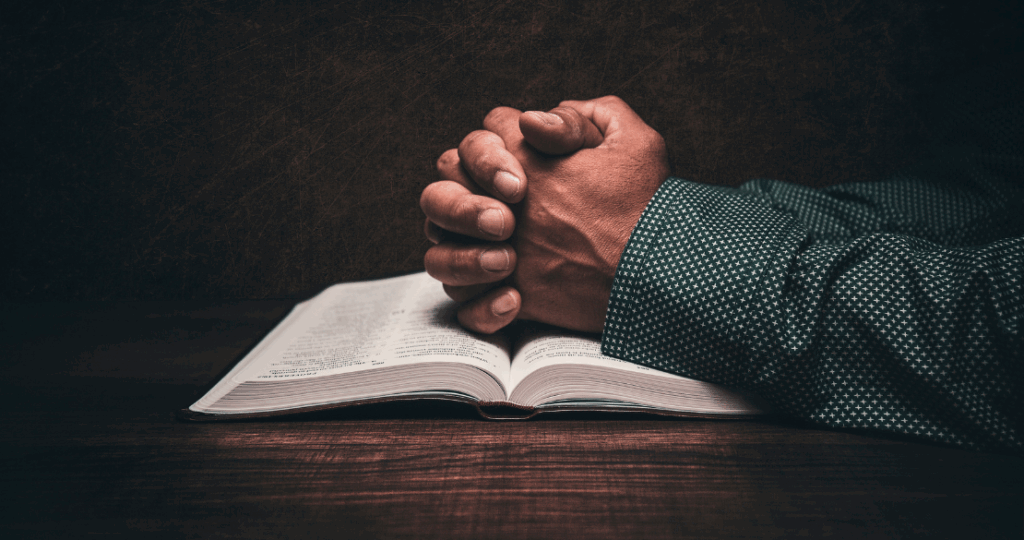Juneteenth, observed annually on June 19, commemorates the day in 1865 when enslaved African Americans in Galveston, Texas finally learned they were free—two and a half years after the Emancipation Proclamation was signed. It stands as a symbol of delayed justice, resilience, and the ongoing journey toward equity in America.
For those in the funeral service profession, Juneteenth is more than a historic milestone. It’s an invitation to reflect on the legacy of cultural traditions, community memory, and the role funeral professionals play in honoring them with dignity.
Understanding and practicing cultural sensitivity is not a one-time lesson—it is a professional commitment, and Juneteenth provides a timely opportunity to reaffirm that commitment.
Cultural Sensitivity in Funeral Service: What It Really Means
Cultural sensitivity is the practice of recognizing, respecting, and responding appropriately to the cultural traditions, beliefs, and preferences of the families you serve. In funeral service, this includes everything from burial customs to dress, language, religious practices, and family dynamics.
Being culturally sensitive means:
- Asking open-ended questions about preferences without assumptions
- Understanding how different cultures express grief
- Adapting services to meet a family’s traditions and spiritual beliefs
- Ensuring representation and respectful care regardless of background
When serving African American families, this includes acknowledging the historical role Black funeral homes have played in preserving dignity and autonomy in times of loss—a role rooted deeply in the aftermath of slavery, segregation, and systemic inequality.
Juneteenth as a Teaching Moment for Funeral Professionals
Juneteenth is a reminder of the importance of historical awareness in any service-oriented profession. In death care, it underscores why understanding a family’s heritage is central to offering meaningful support.
Key lessons from Juneteenth that apply to funeral service:
- Recognize the legacy of resilience: African American communities have long created powerful cultural traditions around remembrance, from home-going services to musical tributes.
- Understand historical trauma: Generations of discrimination have shaped how trust is extended to institutions. Funeral professionals must approach with humility and care.
- Center the family’s voice: Each family deserves space to grieve and celebrate life on their own terms. Ask what matters most to them, and listen fully.
Resources such as the National Funeral Directors & Morticians Association, which represents African American funeral service professionals, offer additional insight into the cultural history and needs of Black families.
The Role of Black Funeral Homes in American History
Since the late 19th century, Black-owned funeral homes have served as vital institutions in African American communities. During the Jim Crow era, these businesses provided safe, respectful services at a time when racism limited access to dignified care.
These funeral homes also became centers of civil rights activism, community leadership, and intergenerational wealth-building. Today, they continue to serve as trusted anchors—preserving cultural rituals like homegoings, gospel-based services, and community storytelling.
Learning about this history is essential for any funeral service professional committed to equity and excellence. The African American Funeral Service History Museum and articles from the National Museum of African American History and Culture offer valuable context.
Tips for Practicing Cultural Sensitivity in Funeral Service
- Educate Yourself Proactively
Read about the traditions and mourning practices of different cultures. Don’t wait for a family to educate you—come to each interaction informed and ready to listen.
- Use Inclusive Language
Avoid assumptions about beliefs or preferences. Use open phrases such as “How would you like us to honor your loved one?” or “Are there any specific customs we should include?”
- Diversify Your Vendor Relationships
Partner with musicians, clergy, caterers, and staff who reflect a range of cultural backgrounds. Representation matters, especially during times of loss.
- Reflect on Your Own Biases
Cultural sensitivity begins with self-awareness. Consider what assumptions you might bring into the arrangement room—and challenge them.
- Ask for Feedback
Follow up with families to ask if their cultural and spiritual needs were met. Use their insights to improve your approach moving forward.
Juneteenth is not only a celebration of freedom—it is a call to deepen our understanding of legacy, identity, and cultural resilience. For funeral service professionals, it offers a powerful lens through which to reflect on our role as caretakers of memory, heritage, and healing.
At Pierce Mortuary Colleges, we are committed to preparing students to lead with knowledge, empathy, and cultural humility. By honoring the traditions of every family and community we serve, we uphold the true purpose of funeral service: to celebrate life in all its richness, complexity, and meaning.
Explore how Pierce Mortuary Colleges prepares future funeral professionals to serve with integrity, inclusion, and respect. Because every legacy deserves to be honored with care.
